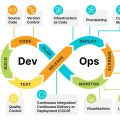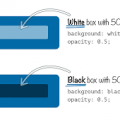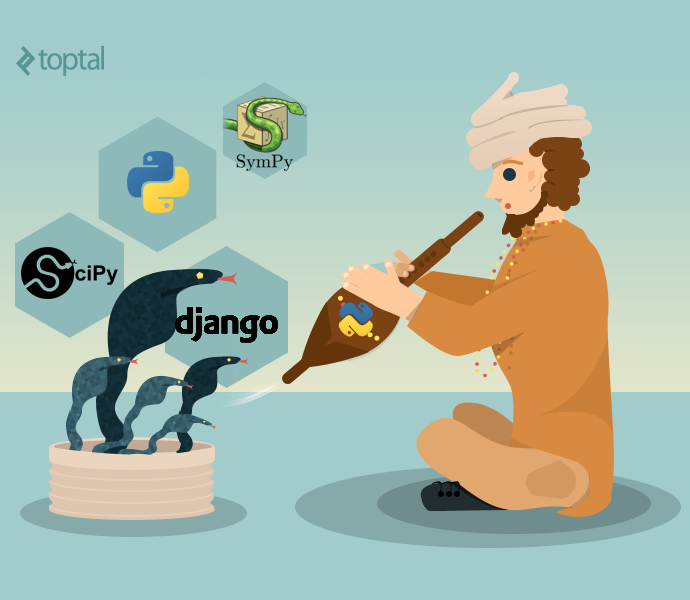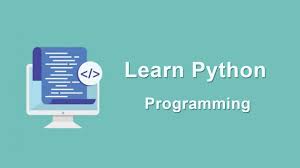- September 8, 2023
- Posted by: SouTech Team
- Category: Blog, Development
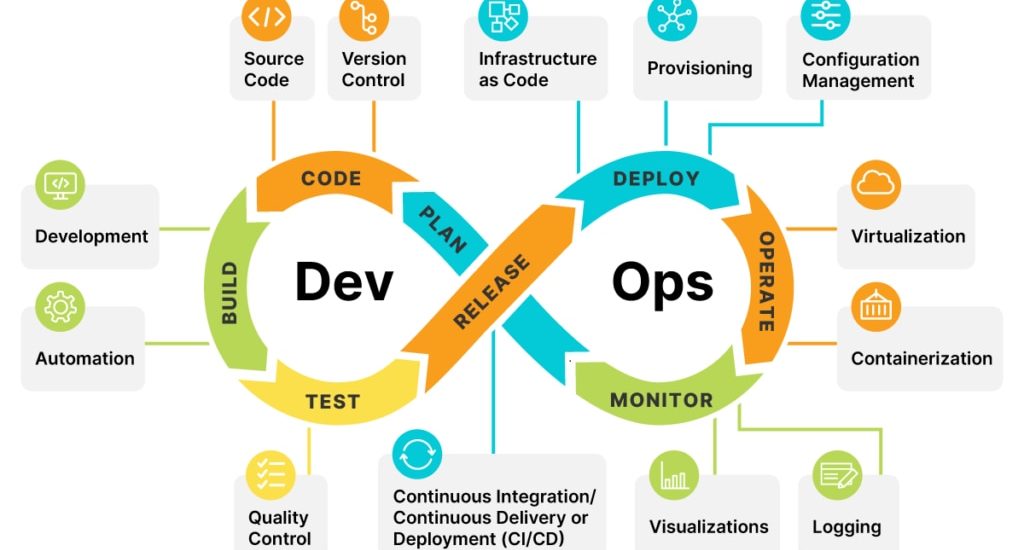
The decision of which programming language a DevOps engineer should prioritize often depends on specific use-cases, preferences, and the existing infrastructure of a given environment. However, each of the languages — Python, PHP, Go, and NodeJS — has its strengths and use cases within the DevOps realm. Here’s a detailed comparison:
1. Python:
- Overview: Python is a high-level, interpreted language known for its simplicity and readability. It’s been around since the early ’90s and has matured with a vast ecosystem.
- Strengths in DevOps:
- Versatility: Python’s extensive libraries and frameworks, from Django for web development to TensorFlow for machine learning, make it adaptable to various tasks.
- Scripting and Automation: Python is excellent for writing scripts. Automation tasks, such as setting up environments, deploying apps, or managing cloud resources, can be efficiently achieved with Python scripts.
- Integration: Python integrates well with various platforms and tools, which is essential in DevOps workflows.
- Drawbacks:
- Performance can be an issue for specific tasks since it’s an interpreted language.
2. PHP:
- Overview: PHP is primarily known as a server-side scripting language for web development.
- Strengths in DevOps:
- Web Development: If your DevOps tasks lean heavily towards web operations or managing web applications, PHP is beneficial.
- Integration with Web Servers: PHP integrates seamlessly with web servers like Apache and Nginx.
- Drawbacks:
- Limited in Scope: While PHP is powerful for web-related tasks, it’s not as versatile as Python for a broader range of DevOps activities.
- Not traditionally a general-purpose language: Unlike Python or Go, PHP is not typically used for tasks outside of web development.
3. Go (or Golang):
- Overview: Developed at Google, Go is a statically typed, compiled language known for its performance and efficiency.
- Strengths in DevOps:
- Concurrency: Go’s goroutines make concurrent programming more straightforward, which is beneficial for applications and tools that require parallel processing.
- Performance: Being a compiled language, Go can outperform interpreted languages in specific scenarios.
- Portability: Go applications compile to a single binary, making them easy to distribute and deploy.
- Microservices: With its performance and concurrency benefits, Go has become a favorite for developing microservices.
- Drawbacks:
- Learning curve: For those accustomed to Python’s or PHP’s dynamic typing, Go’s static typing might require a mindset shift.
4. NodeJS:
- Overview: Not a language but a runtime, NodeJS lets developers use JavaScript for server-side scripting.
- Strengths in DevOps:
- Non-blocking I/O: This makes NodeJS suitable for applications that require real-time updates or handle many simultaneous connections.
- NPM (Node Package Manager): Provides a vast ecosystem of libraries and tools that can assist in DevOps tasks.
- Full Stack Development: If you’re in a DevOps role that requires you to understand both the front-end and back-end of web applications, NodeJS offers a uniform language (JavaScript) across the stack.
- Drawbacks:
- Callback hell: While promises and async/await have mitigated this, handling asynchronous operations in NodeJS can become tricky.
Conclusion:
For a DevOps engineer, choosing a language often depends on the problem at hand.
- If you want a versatile, general-purpose language ideal for scripting and automation, Python stands out.
- For web-specific tasks, especially with a LAMP stack, PHP might be the way to go.
- If performance, concurrency, and microservices are your main concerns, Go is an excellent choice.
- For real-time applications or a consistent language across the full web stack, NodeJS is beneficial.
Ultimately, the best DevOps engineers often have a toolkit of multiple languages and tools and pick the best one for the specific challenge they’re facing.
Reach us today for DevOps Training, Certification and Consulting…
DevOps engineering internships, Python for DevOps training, PHP in DevOps consulting, Go language DevOps workshop, NodeJS for DevOps course, DevOps programming training, DevOps language consultancy, Best language for DevOps internship, Advanced DevOps coding training, Microservices with Go workshop, Web operations PHP training, Real-time applications NodeJS course, Python scripting for DevOps internship, Concurrent programming with Go training, Server-side scripting with NodeJS consulting, Python vs. Go DevOps workshop, Internship in DevOps programming, DevOps engineering consulting services, Professional DevOps training services, Full-stack DevOps internship opportunities

